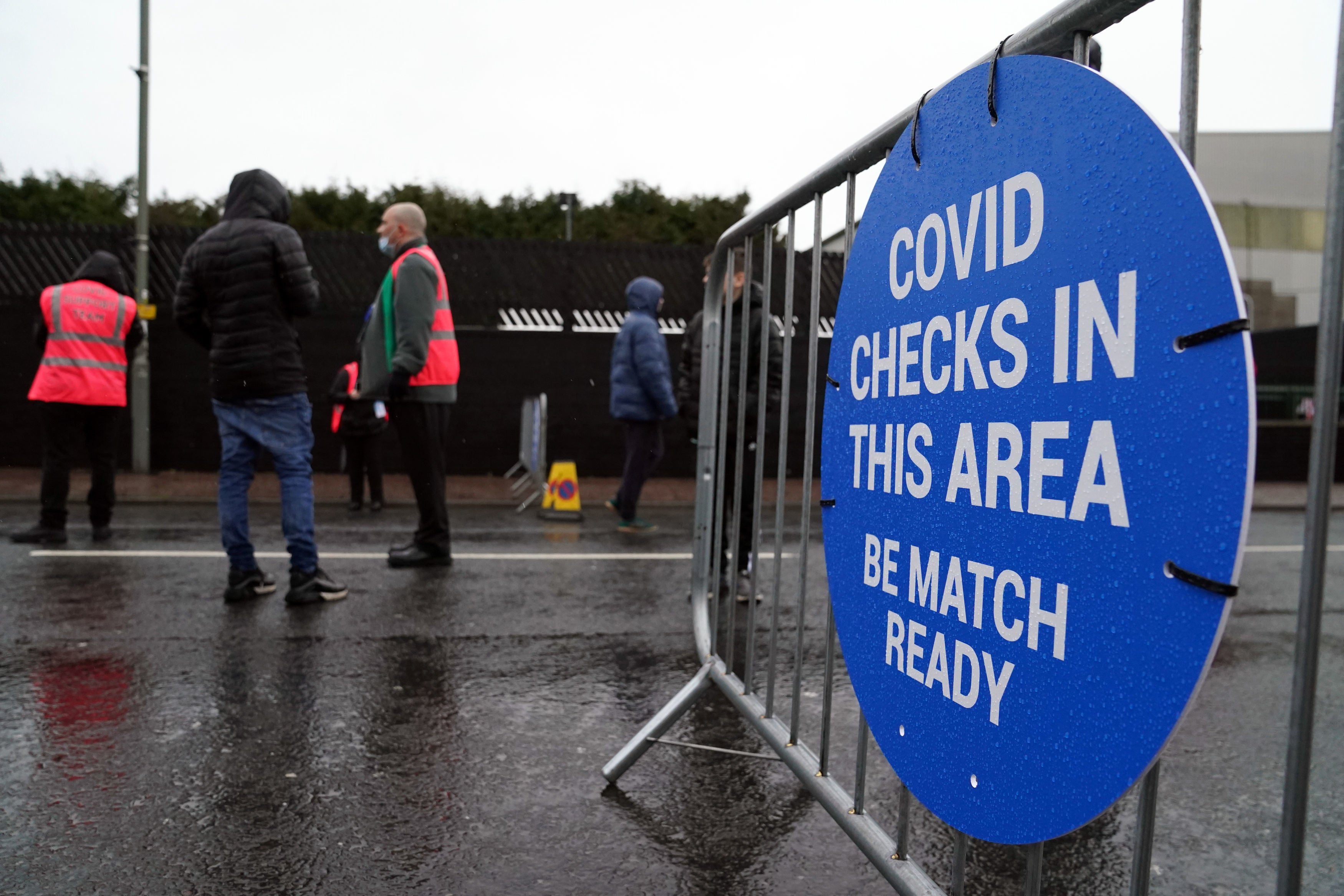What is ‘plan A’, when is it returning and what Covid rules have changed?
Prime minister Boris Johnson hails return to ‘plan A’ in statement to MPs

Prime minister Boris Johnson announced the relaxation of “plan B” Covid-19 restrictions in the Commons on Wednesday, paving the way for a further roll-back of rules in the weeks to come.
Mr Johnson said that compulsory facemasks will be scrapped from next week and suggested that people with Covid-19 may soon be spared mandatory isolation.
Compulsory Covid certificates will also be dropped from Thursday but Mr Johnson said “organisations can, of course, choose to use the NHS Covid Pass voluntarily”.
Government guidance asking people to work from home was dropped from Wednesday, meaning people are free to return to the office straight away.
Children will no longer have to wear facemasks in classrooms from Thursday.
In his statement to parliament, Boris Johnson hailed the return to “plan A in England”.
Mr Johnson was referring to the government’s Autumn and Winter Plan, set out in November last year. This detailed “plan A”, which the government said was a “comprehensive approach designed to steer the country through autumn and winter 2021-22”.
“Plan A” included five steps; the first being “building our defences through pharmaceutical interventions”, such as vaccines, antiviral drugs and therapeutic treatments.
The second was based on the government’s Test, Trace and Isolate programme and involved identifying and isolating positive cases of coronavirus.
Mr Johnson told the Commons on Wednesday: “As we return to plan A, the House will know that some measures still remain, including those on self-isolation.
“In particular, it is still a legal requirement for those who have tested positive for Covid to self-isolate.”
He added that, though the isolation period had been reduced to five days with two negative tests, the requirements could shrink even further.
“There will soon come a time when we can remove the legal requirement to self-isolate altogether - just as we don’t place legal obligations on people to isolate if they have flu,” Mr Johnson said.
The self-isolation rules expire on March 24, but the prime minister told the Commons that he would seek to bring forward that date if Covid data allowed it.
Supporting the NHS and social care is point three of the plan, and clear guidance and communication to the public is point four.
The fifth part of “Plan A” is to “pursue an international approach: helping to vaccinate the world and managing risks at the border.”
Join our commenting forum
Join thought-provoking conversations, follow other Independent readers and see their replies
Comments
Bookmark popover
Removed from bookmarks